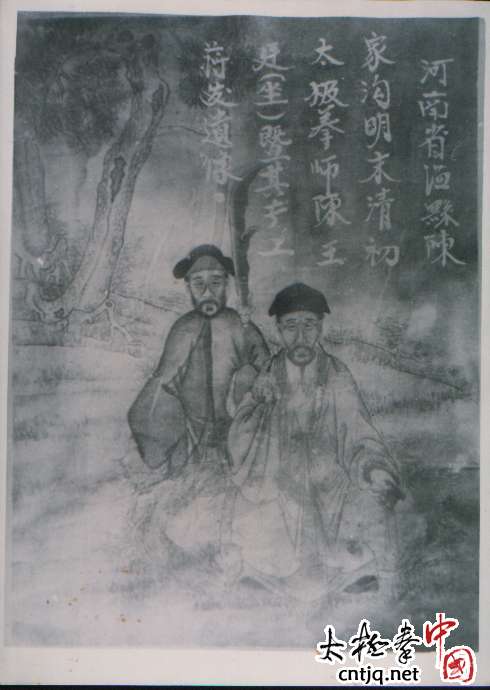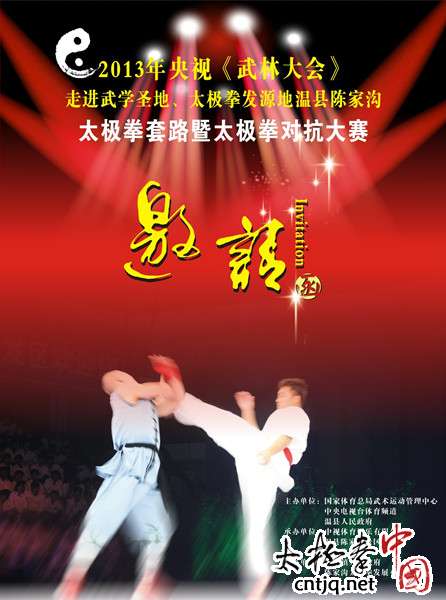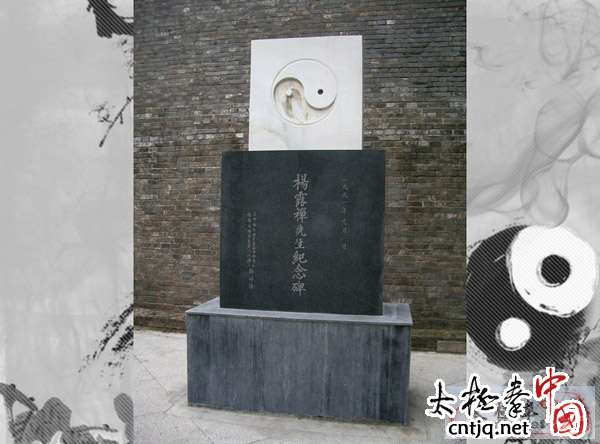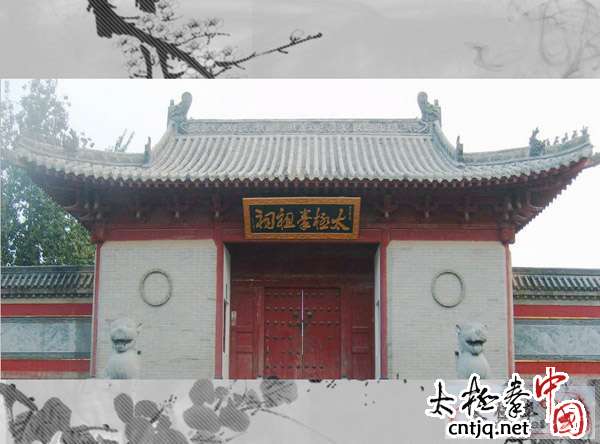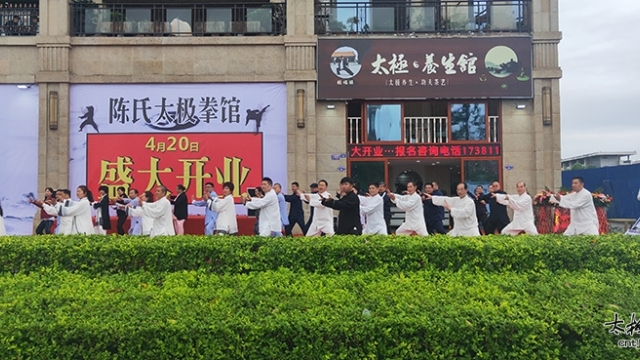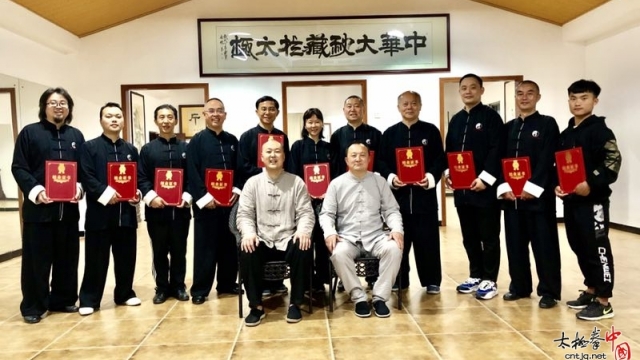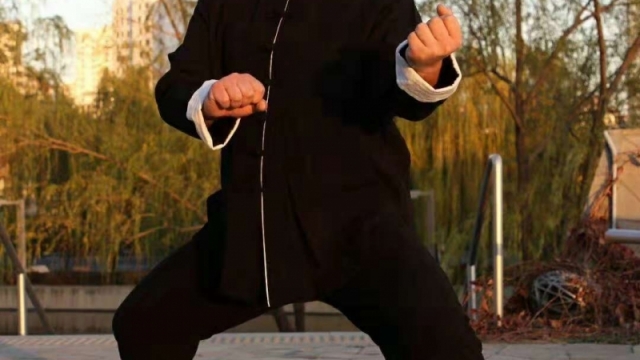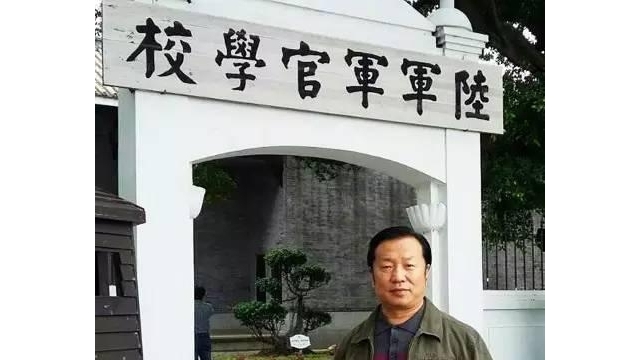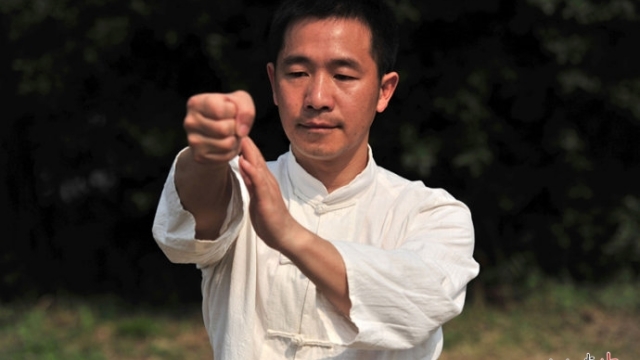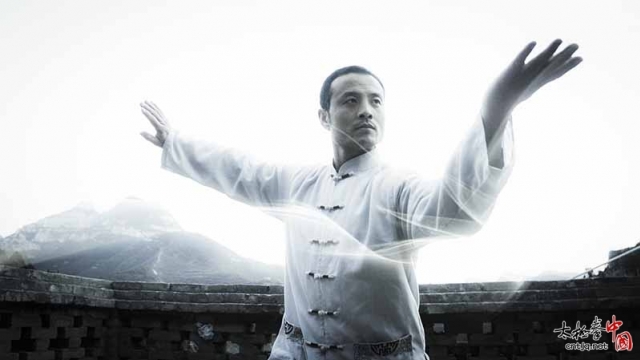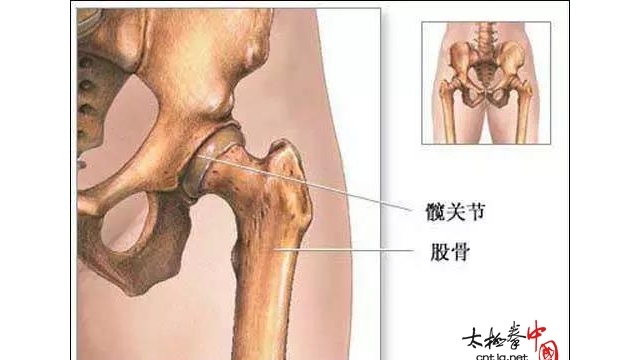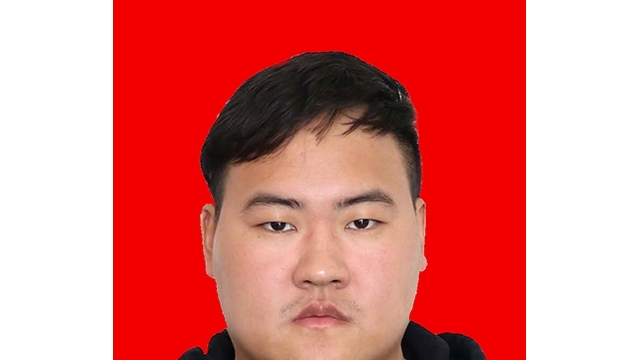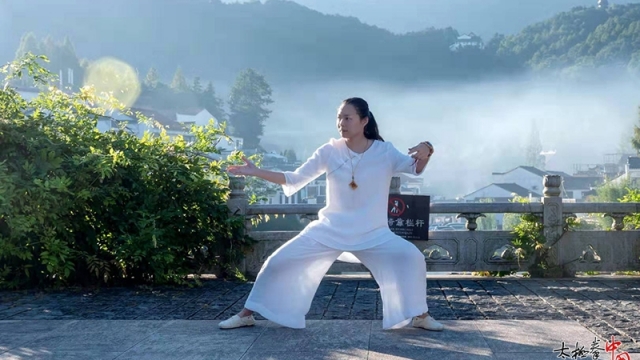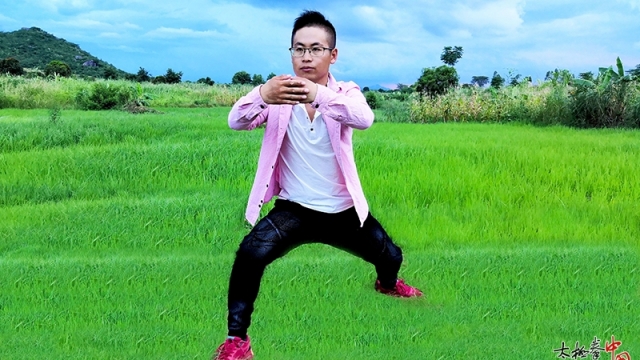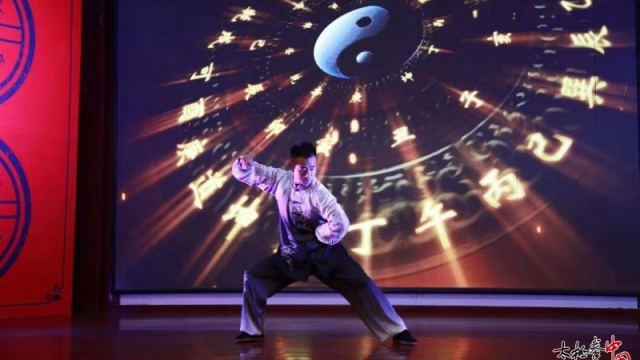The stories about Chen Wang-Ting (1600-1680) and others within the Chen family tradition serve to inculcate moral standards in the minds of the listeners. They probably began as oral tales, passed on by village elders to the younger generation. There is probably no better example of the didactic purpose they serve than is to be found in the so-called Xu Huai of Chen Wang-Ting (see below).
The following biographical anecdote on Chen Wang-Ting is from the Fu Lu Chen Family Chronicles written down by Chen Xin at the beginning of the 20th century.
Chen Zou-Ting,otherwise known as Chen Wang-Ting ,was a soldier during the last days of the Ming Dynasty. He became a civilian scholar when the Qing Dynasty overthrew the Ming. He was skilled at Taijiquan.
Once,while on his way to visit a friend in Shanxi Province, he came upon two youths wrestling each other and two old men nearby watching, Chen Wang-Ting stopped to watch the contest. One of the old men said to him, "would our guest like to try his hand at a wrestling match?" Chen Wang-Ting said,"yes". The old man ordered one of the youths to wrestle with Chen Wang-Ting. The youth grabbed him by the waist and lifted him up off the ground. The youth then proceeded to bounce Chen Wang-Ting's stomach with his knee three times and throw him to the ground. Suddenly, it was as if the two old men and the two youths had vanished into the twilight, they were nowhere to be seen. Chen Wang-Ting was crestfallen so he just returned home.
Li Ji-Yu, a military licentiate of Dengfeng County, was a friend of Chen Wang-Ting. The people of Dengfeng had rebelled because of the local officials' intolerable exactions. Li Ji-Yu became the leader of the rebellion. Chen Wang-Ting went to dissuade him. When he ascended the mountain where the rebels were, the arrows fell like rain but he was not wounded. He came upon one of the rebels and chased him three times around the top of the mountain without catching up to him. After Li Ji-Yu had a servant named Jiang. He was the one that Chen Wang-Ting had chased on that day; he could catch a hare in one hundred paces and was skilled in te martial arts. Chen Wang-Ting lived in troubled times. He took part in countless battles, but with the fall of the Ming Dynasty, all was lost in the ensuing chaos. The only written work that he left behind was a song Xu Huai (A Song of Remembrance) .
I sigh to think of those years, wearing armor with a lance in my hand.
We swept away countless enemies, several times in mortal danger.
I was rewarded with honors, all to no avail.
Now that I am old and short of breath, my only constant companion is the book (Huang Ting ).
When I am depressed I practice boxing routines, during the busy times I plough the fields.
In my spare time I teach my sons and grandsons, is is up to them whether or not they succeed.
It is advantageous to pay the grain tax early, it is important to pay back personal debts immediately.
Don't be prideful and don't flatter others, be patient and always make the first concession.
People say that I am foolish and that I am seedy, I hear this but I don't take it to heart.
I laugh at the people and nobles fussing about anxiously, not like me keeping in good spirits and staying calm.
I don't covet fame or profit, having been involved in affairs I understand trickery.
Happiness is to fish and to wander in the countryside, without a care for prosperity or ruin.
Suppose there was a world where peace and health prevailed, tranquility and simplicity would be commonplace.
There would be no hatred and no want.
I don't care that others look down on poverty, I am not concerned about success or failure.
If I am not already an immortal then who is ?
In the year 1645,the leader of a popular uprising of miners and peasants in Henan Province (in the region between Songshan and Luoyang ) was executed in Beijing and his entire family was also wiped out, his name was Li Ji-Yu . With one of their strongholds on top of the Shaoshi Mountain (on the slope of which is located the Shaolin Monastery ) Li Ji-Yu had on one occasion led several hundred rebels in an attack on the Shaolin Monastery killing all of the monks. ( see Zhao Bao-Jun Shaolin Si, Shanghai 1982p.105-107 ).
It is from the "Fu Lu Chen Shi Jia Sheng" or "Appendix of the Chen Family Chronicles" ( see Chen Xin Chen Shi Taijiquan Tu Shuo, published in 1933, written from 1908 to 1919, and incorporating material that is based on the oral tradition and written records of Chenjiagou ) that we know that Jiang Fa was one of the rebels under Li Ji-Yu . It is mentioned in martial arts and was so fleet of foot that Chen Wang-Ting was unable to catch him when he tried to do so . When Li Ji-Yu was defeated, Jiang became Chen Wang-Ting's servant.
A recent book out of Wenxian has the following to say about Jiang Fa:"Li Ji-Yu was defeated and suffered the extermination of his entire family. One of hhis officers, Jiang Fa , surrendered to Chen Wang-Ting and became his servant.
In order to conceal his real identity, everyone in the Chen family clled Jiang Fa "Jiang Bashi" ( skilled workman Jiang ). Although Chen Wang-Ting and Jiang Fa were master and servant, in actuality they were bosom friends. Every day they learned martial arts from each other by exchanging ideas ; tilling the fields together and teaching the next generation.
Up to the present day there are the following well-liked stories ( oral traditions ) handed down in Chenjiagou, "Yudaishan Yingxiong Jie Yi", "Mu Men Zhai Shi Tu Tao Niu ", and "Yanghaiwa Jiang Fa Zhen Xie " among others. Once again, according to the recent book : "It is worth mentioning that, the Jiang Fa who was mentioned earlier, because of his contribution during the time that Chen Wang-Ting created Taijiquan ,and because he was a good friend of Chen Wang-Ting and his disciple, was included by later writers ( such as Chen Xin ) in the Boxing Manuals of Chen style Taijiquan. In the Chen family shrine, to this day is a portrait of Chen Wang-Ting ,with Jiang Fa standing in back holding a halberd."


